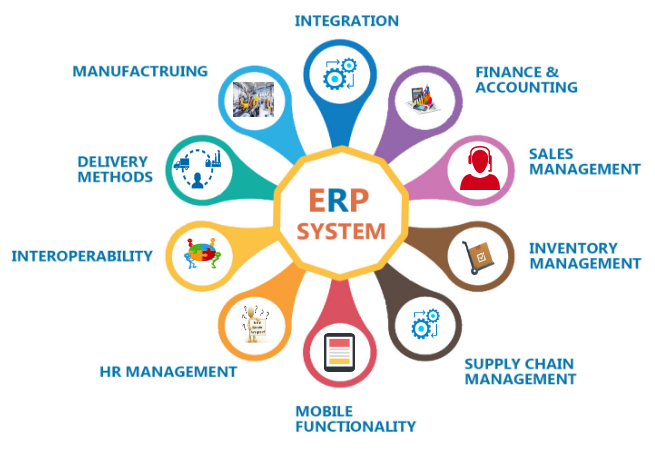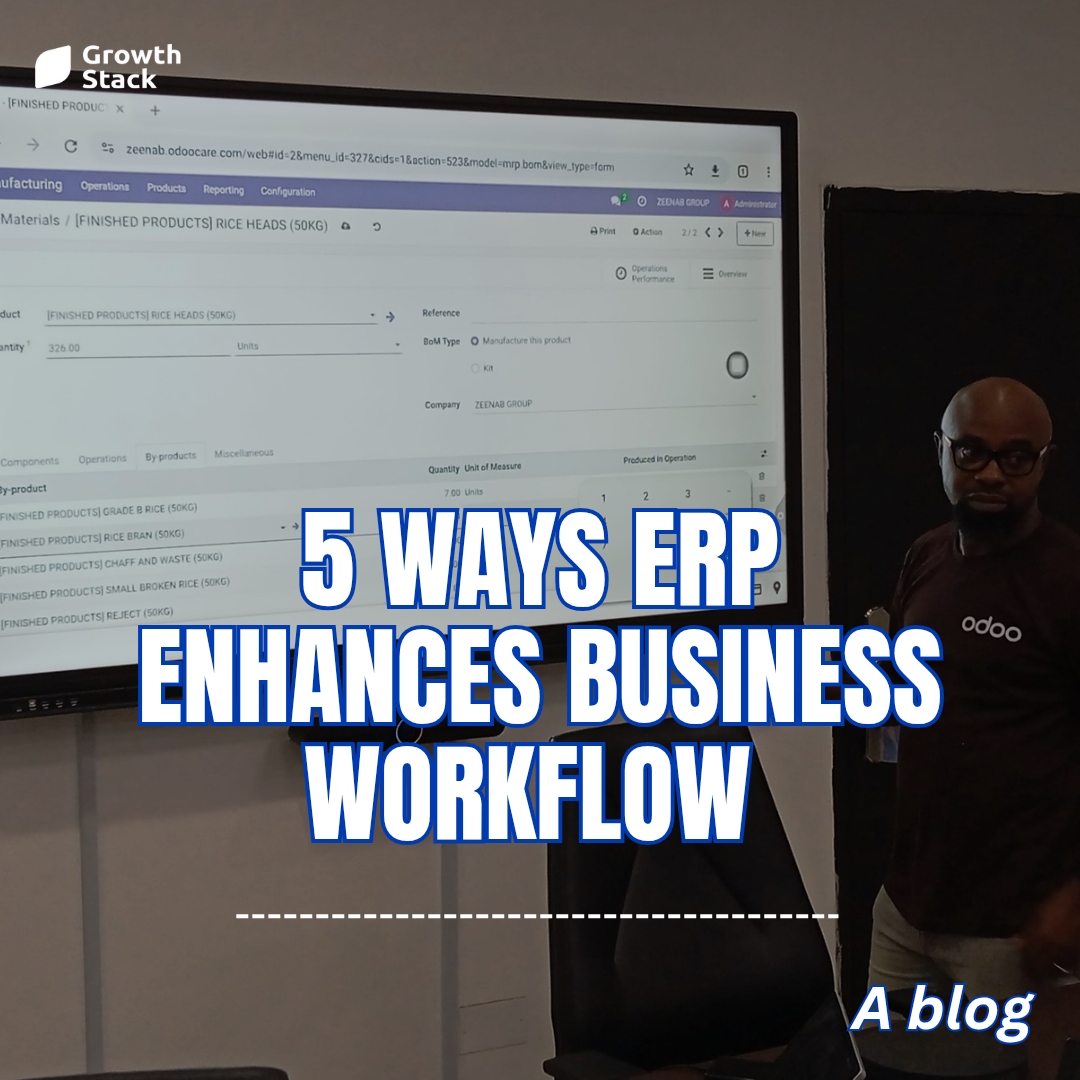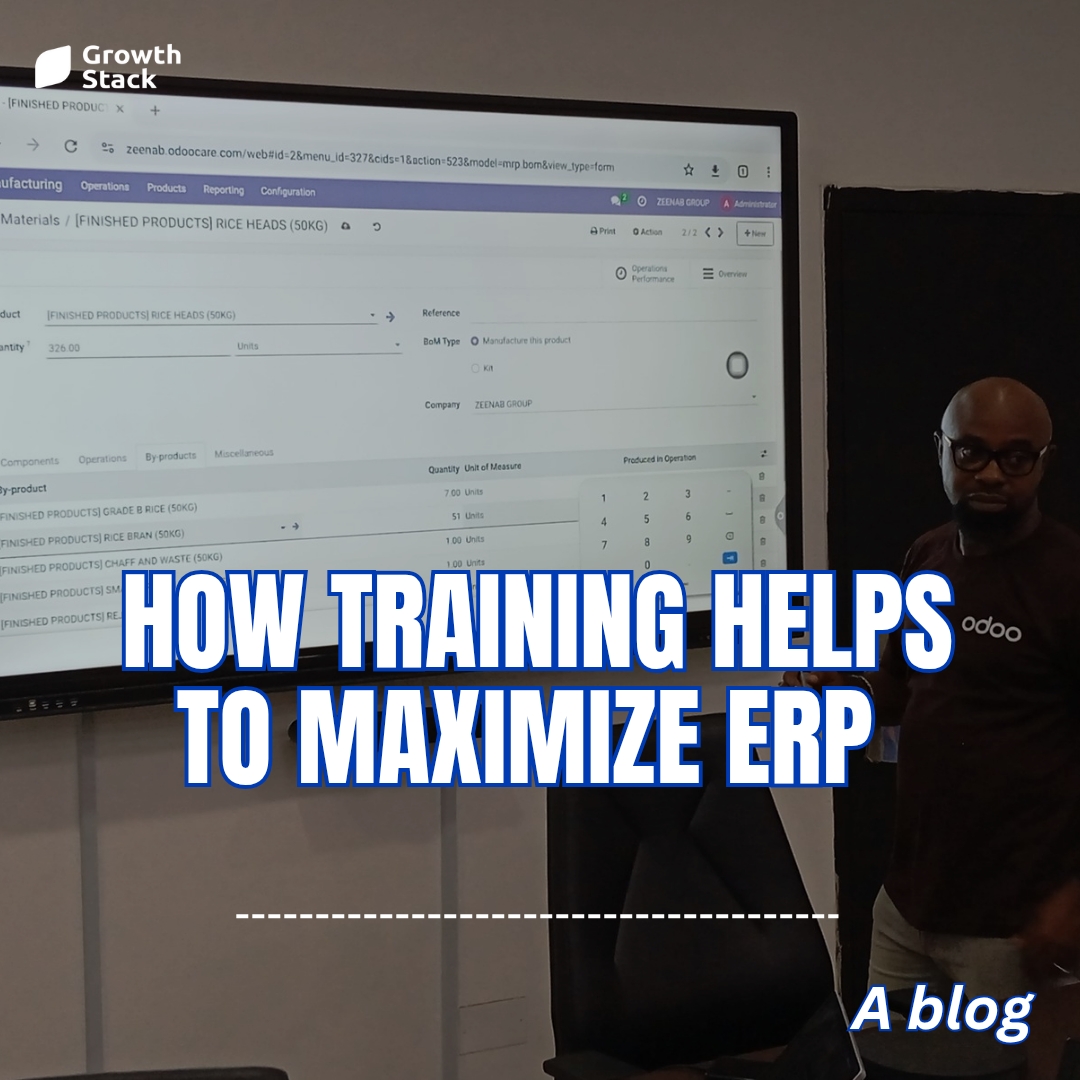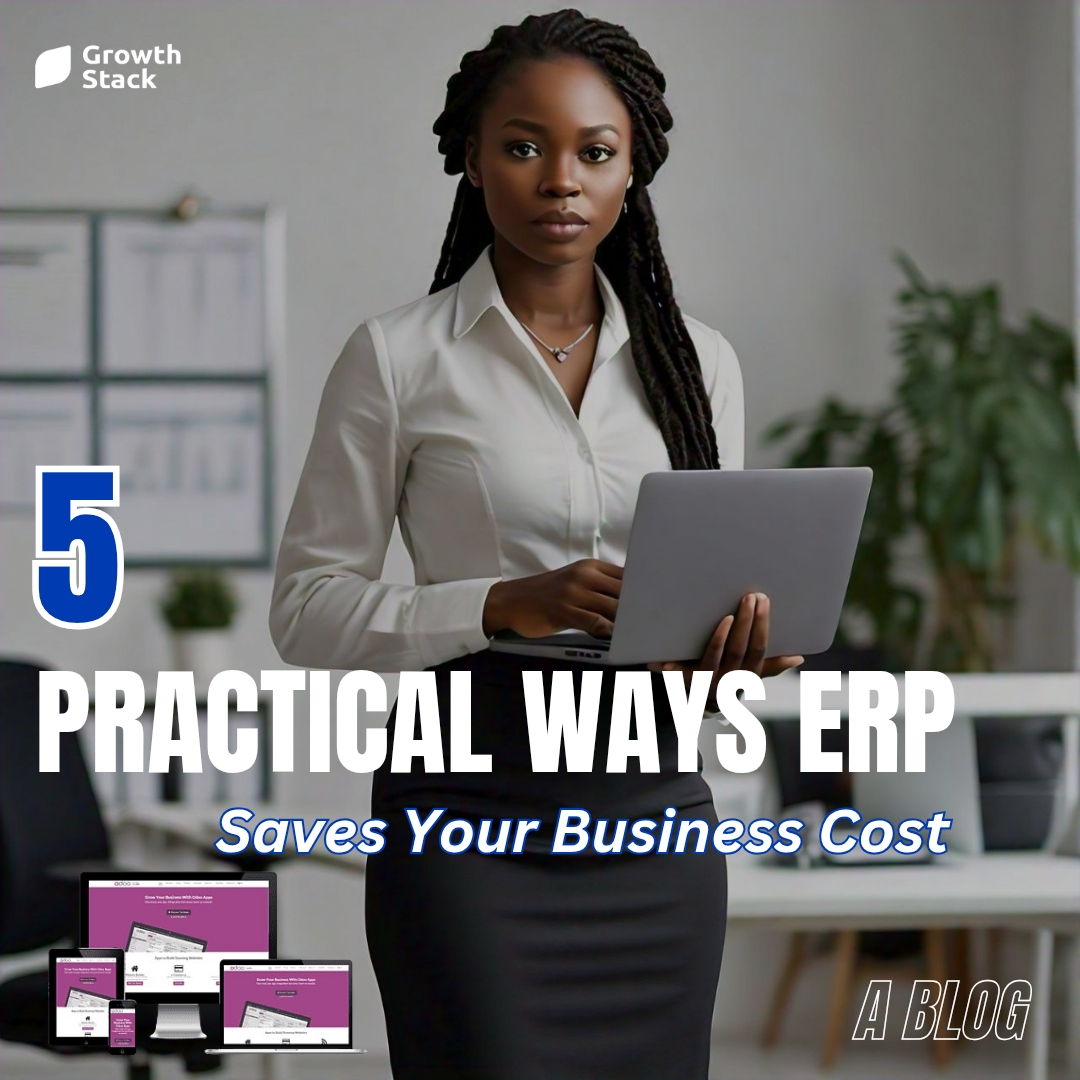Enterprise resource planning (ERP) software offers a wide range of crucial features that may be integrated by any division of your company globally. Companies need to look for systems with a wide range of capabilities in order to make an ERP implementation worthwhile as an investment. This program offers a wide range of crucial features that combine every division of a company to give a real-time view of data and tasks. It effectively oversees departmental operations to improve decision-making and advance the organization. The ERP software solutions rank well among the greatest options accessible there when it comes to organizations of a large scale.
Aspects of an ERP system
Despite the fact that ERP systems are frequently customized for certain firms or industries, all of them provide significant advantages and capabilities. The ERP software used to be restricted to large organizations only due to the expensive capital hardware, such as servers, complex implementation, upgrades, maintenance, etc., needed. For instance, Oddo is exclusively open source, but the commercialized ERP targeted its development at businesses with IT developer teams to interact with third-party apps for POS, MRP, etc. Another illustration is Net Suite, a fully integrated ERP designed for rapidly expanding businesses that need a scalable financial management and inventory management system.
When you take into account add-ons and modules for the system designed for a particular industry, there are even more features of ERP available on the market. The following list of the top 10 features of ERP software includes:
- Integration: No matter if you are integrating third-party applications into a current ERP system or transferring old data into it, integration problems are a common component of ERP deployments. The integration of the ERP Software provides solutions into your current infrastructure streamlines all of your processes, from data collecting to analysis to difficult production and customer administration tasks. This finally aids in streamlining your overall workflow, which boosts productivity and efficiency. Every organization operates differently, so some additional supplemental bespoke software solutions could be required to interact with ERP software. Today, silos for sales, engineering, accounting, and other bespoke software development companies are no longer viable.
- Financing and Accounting : Due to ongoing regulatory requirements, businesses cannot afford to miss payments or ignore accounting details in their financial statements, which are always under intense scrutiny. Accounts Receivable, Accounts Payable, General Ledger, Financial Reporting, and frequently Payroll are crucial elements of accounting. Additionally, it gives managers access to real-time information. This is the reason for examining and testing the financial management module: ERP delivers and ensures accurate financial reporting. You can be guaranteed to have a perfect component for both accounting management and financial reporting by testing this module before installation. The financial management module helps increase profitability, decrease costs, and improve cash flow.
- Mobile Functionalities : According to research, enterprise mobile workers will make up 73% of the workforce. This makes it even more important to choose an ERP solution that offers remote access to its database and business operations. Workers can really access the software that enables mobile devices to connect to ERP using an ERP system that has mobile functionality. Companies may ensure their staff have access to the most recent information on everything, including product pricing and transportation services, by allowing remote access. ERP solutions ought to offer mobile access to its database and operations. Companies may simply collect personnel information using the ERP system.
- Sales Management: The sales workflow, including sales inquiries, quotations, sales orders, and sales invoices, is handled by the sales management ERP module. Together, the sales and ERP modules can increase the company’s profitability by accelerating the sales management cycle. Taxation rules and a shipping tracker are further aspects of more sophisticated and scalable ERP. To manage the sales performance, quotation tools are also a part of fundamental ERP functionality. The sales management procedure of the ERP enters the sales orders. This starts the production and purchasing processes, which ultimately result in the distribution of goods and the provision of services to a happy consumer. The frequently used, formerly standalone application that integrates into CRM is an example of an ERP tool. ERP support marketing and prospecting to guarantee that business will expand further.
- Human Resources Management: ERP HR modules for human resource management have advanced beyond the fundamental functions of payroll, legal reposting, and personnel administration. The most recent solution offers a wide range of capabilities, such as resource, workforce, and personnel management. The few elements that businesses utilize in an ERP system are competency management, performance assistance, staff recruitment, time and attendance scheduling, and employee performance. The web-based tools give managers remote access to the essential employee data and HR processes while they are moving between branches. Checking the HRM capability in ERP software is therefore of utmost importance. Prior to its global expansion, the HRM module was thought to be under utilized because it only handled basic features.
- Inventory Control: Businesses must be aware of what they have on hand to sell when the consumer requests the material and where it is located, whether they buy it or create it. A modern firm must quickly move merchandise to where it is needed and must control the velocity of such movements.This will assist firms in keeping track of consumer needs and ensuring that their inventory is operating as it should. A surplus of inventory results in cash being invested where it is not necessary. Production may not begin due to insufficient inventory, or perhaps a sale may be lost. Hence, an important aspect of financial statements must also include the value of inventory.
- Delivery Techniques: Say goodbye to conventional licensing paradigms as businesses now prefer ERP that can be delivered through a range of different delivery mechanisms. The SaaS model gives the organization access to commercial services like payroll, human resources, procurement, etc. Forget about expensive and time-consuming deployments; ERP systems may be set up quickly and easily. Buyers must be aware of the numerous immature solutions available on the market that have restricted functionality. At a fraction of the cost of conventional ERP systems, the codeless, model-driven open source ERP solution claims to combine accounting, sales, procurement, and project management.
- Supply Chain Management: With the highly competitive business, fast-paced environment, and ERP Software development of today Businesses must be able to quickly track demand, supply chain activity, logistics, and distribution. The supply chain of a corporation can be severely impacted if information such as the location of the product’s essential components is not found and shared with supplier partners. All supply chain processes, including designing, planning, procuring, manufacturing, and fulfillment, are aided by an ERP supply chain management module. The need for supply production and logistics to the customer’s distribution in record time has been stoked by ERP software, which has dominated the whole supply chain management market.
- Third-Party Cooperation/Interoperability: Nearly every organization is forced to expand bolt on the additional system in order to satisfy the specific areas of their business that their ERP system does not touch. For instance, a financial institution might use a certain ERP solution for accounting tasks, but switch to a third-party application to handle claims for human resource management. Having a single data warehouse allows for strong point restrictions to monitor and secure the ERP solutions of the clients. In order to minimize the hassle of integration, businesses must find out how interoperable a certain ERP system is.
- Manufacturing: Although manufacturing is one of the most crucial aspects of the ERP system, it is not the most fashionable use of the technology. By assisting businesses in aligning their manufacturing and inventory operations, ERP manufacturing modules provide a number of advantages, including: accelerate the manufacturing process, Comprehensive reporting on inventory data that is essential to the business, Simplify the manufacturing procedure and lowering costs with an inventory management system
Conclusion
Engineering, workflow management, and quality control are three of the main features of ERP manufacturing software that guarantee the supply of real-time data regarding inventory information.













